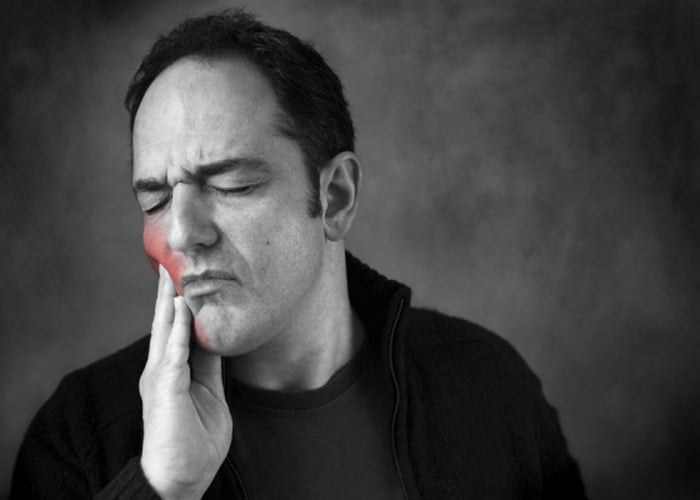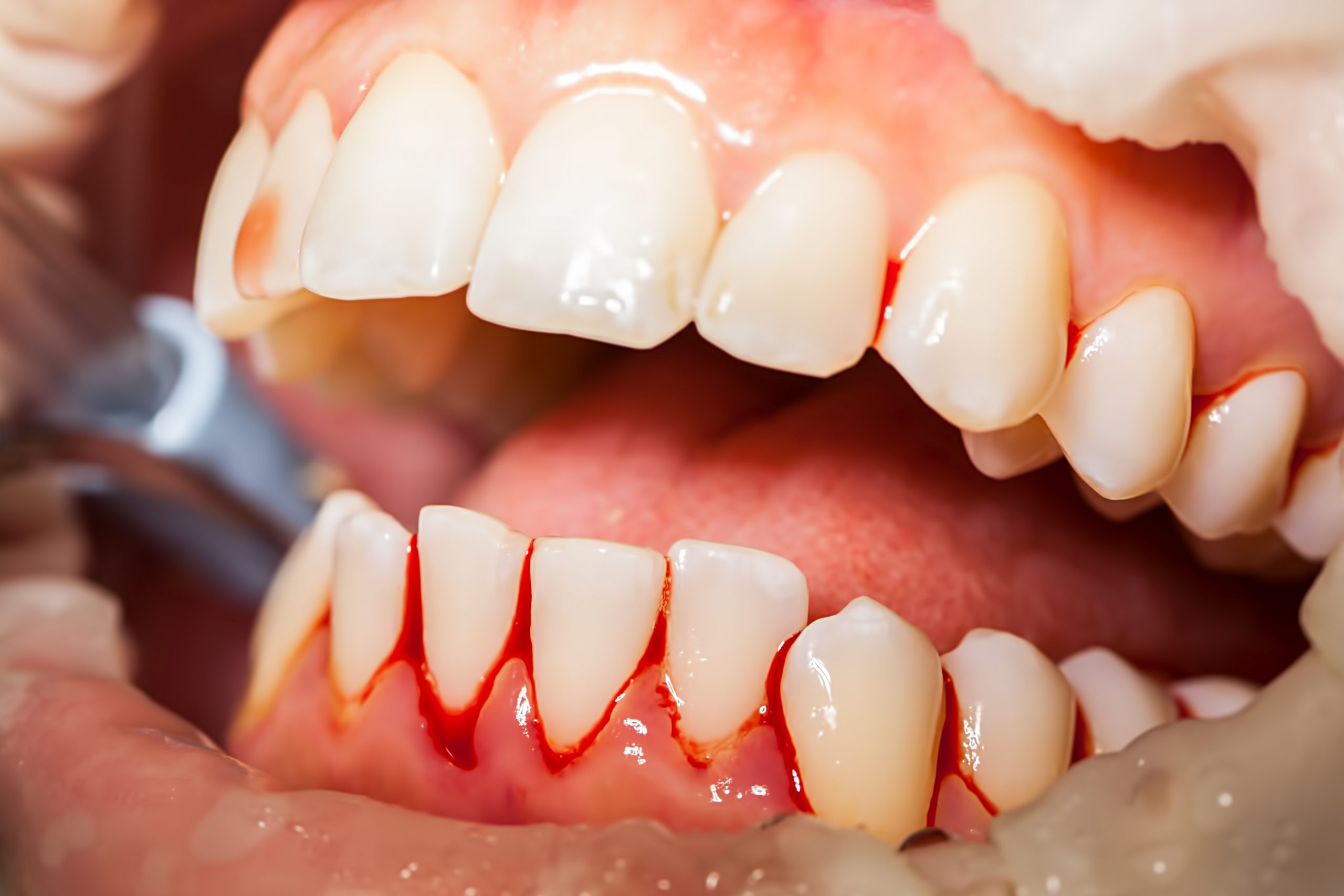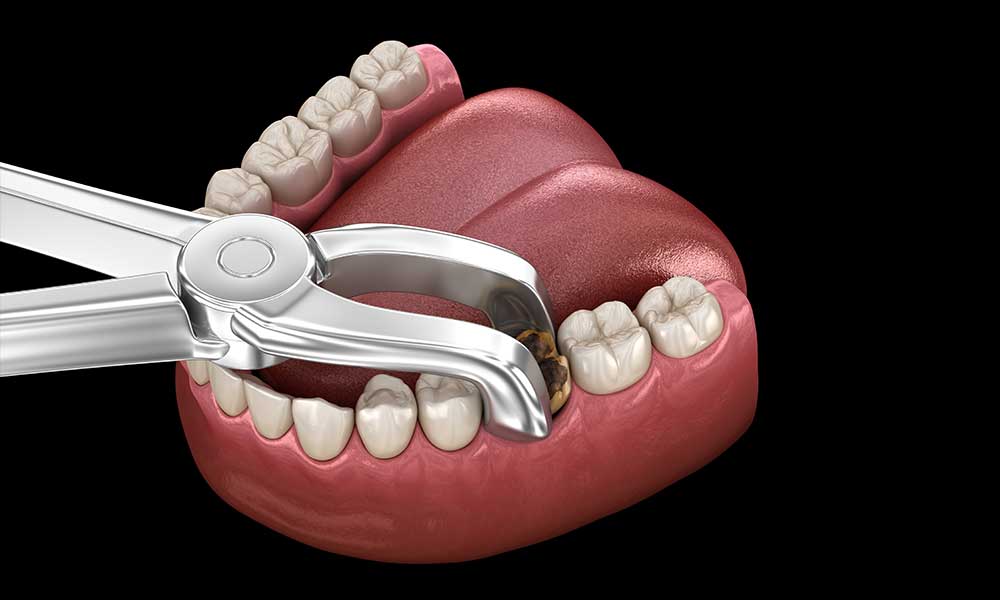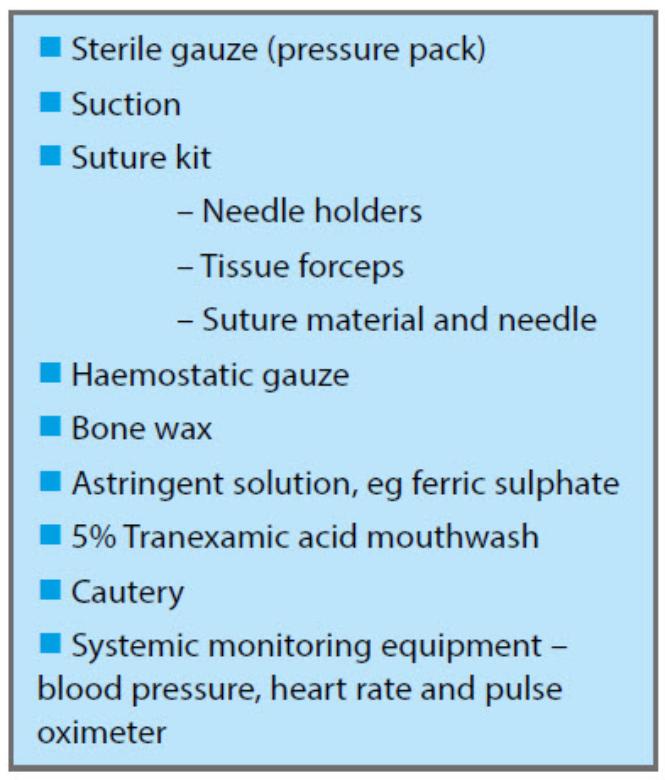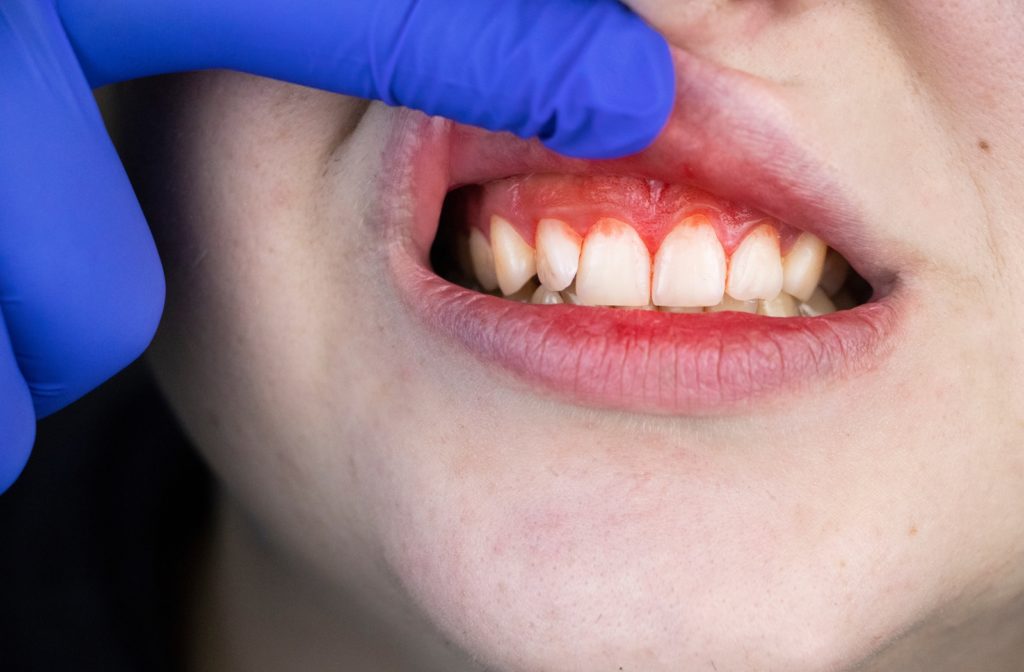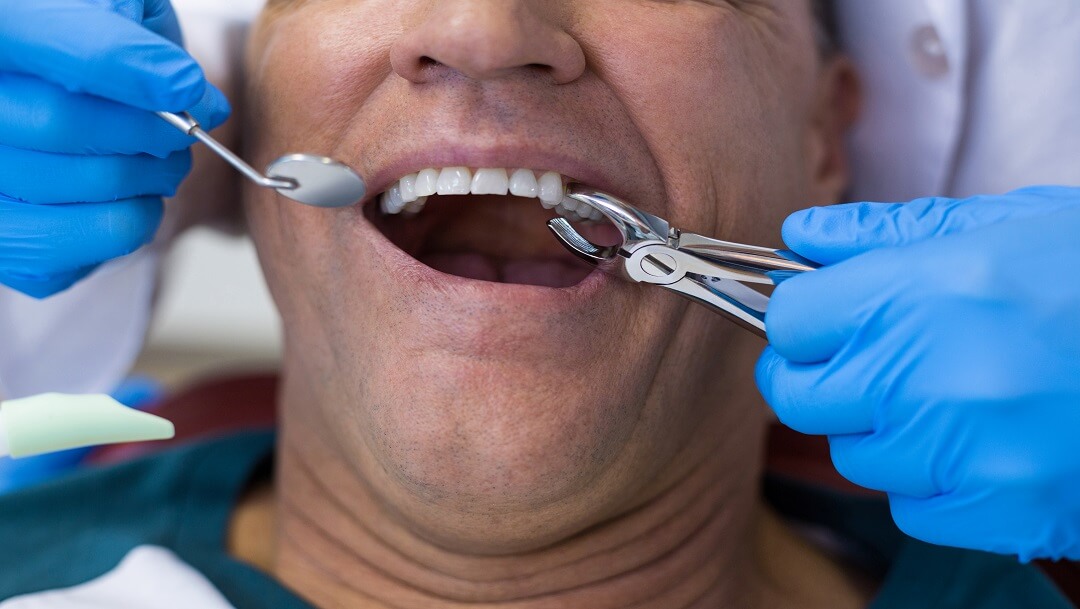Smart Tips About How To Stop Bleeding Tooth

Right after the procedure, your dentist will place gauze over the site and apply pressure.
How to stop bleeding tooth. What happens before a tooth extraction? Exercise or lifting heavy objects. The first step if you’re bleeding is to apply firm pressure to the wound and elevate it above your heart.
Physical labor or strenuous exercise should be avoided for at least two days. Accidents happen, but you can handle many minor bleeding injuries with basic first aid. Tea contains tannins, which have.
The weaker the enamel, the more sensitive your teeth are, especially to heat or cold. You can apply pressure with a. This usually means applying pressure,.
Stop the bleed, a simple course to teach people how to control bleeding during the first moments after a serious injury, is gaining. Periodontitis (moderate to advanced gum disease). You should try to keep that pressure on the.
One of the main components of tea is tannic acid which aids in the forming of blood clots, thus making tea bags an effective technique to stop bleeding. 5 reasons gums bleed when you floss. By tina holloway| aug 5, 2023| dental procedures and treatments.
This helps stop the bleeding. Updated this review of rcts that assess interventions to treat. Stopping the bleed.
Bending down or lifting heavy objects can increase your heart rate and may. Do not place the patient in a chair as they may become presyncopal and require being placed supine to prevent injury. In addition to flossing once per day, the ada recommends brushing twice daily with fluoride.
From kids looking forward to a visit from the tooth fairy to adults dreading a visit to the dentist, losing a tooth is a common and usually relatively bloodless occurrence. Managing bleeding after tooth extraction: Spitting or using a straw.
Taking aspirin because it interferes with your blood’s. An overhead light source or a headlamp is ideal to. This helps reduce swelling and discomfort, also minimizing.
Interventions for managing bleeding after tooth removal. Your dentist will assess your affected tooth and surrounding gums. Trench mouth (severe gum disease).




